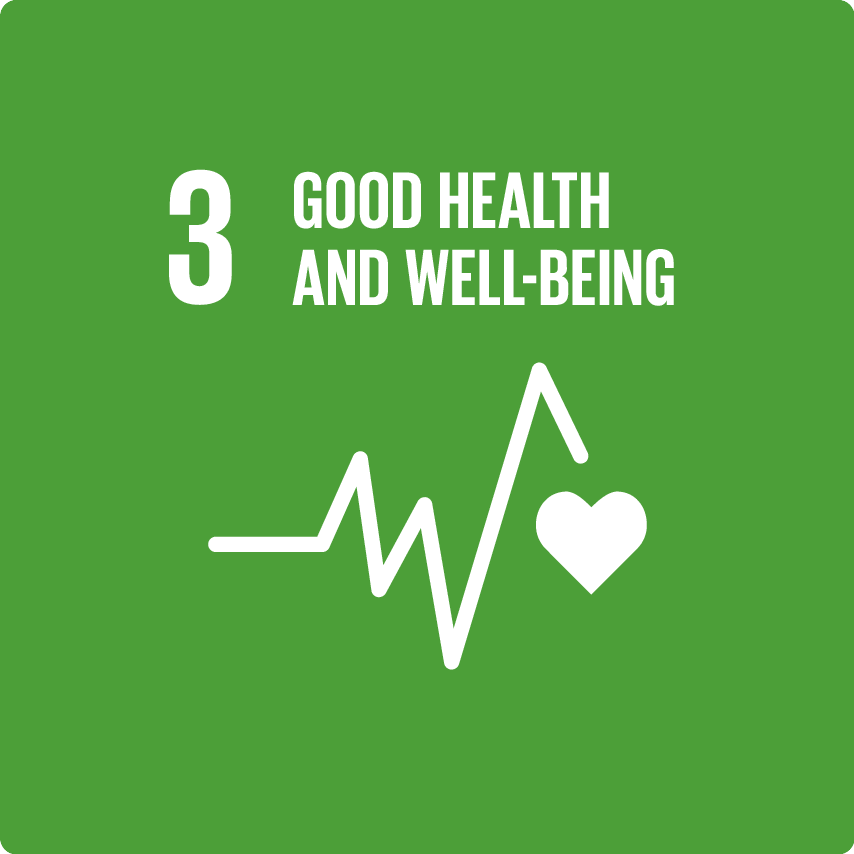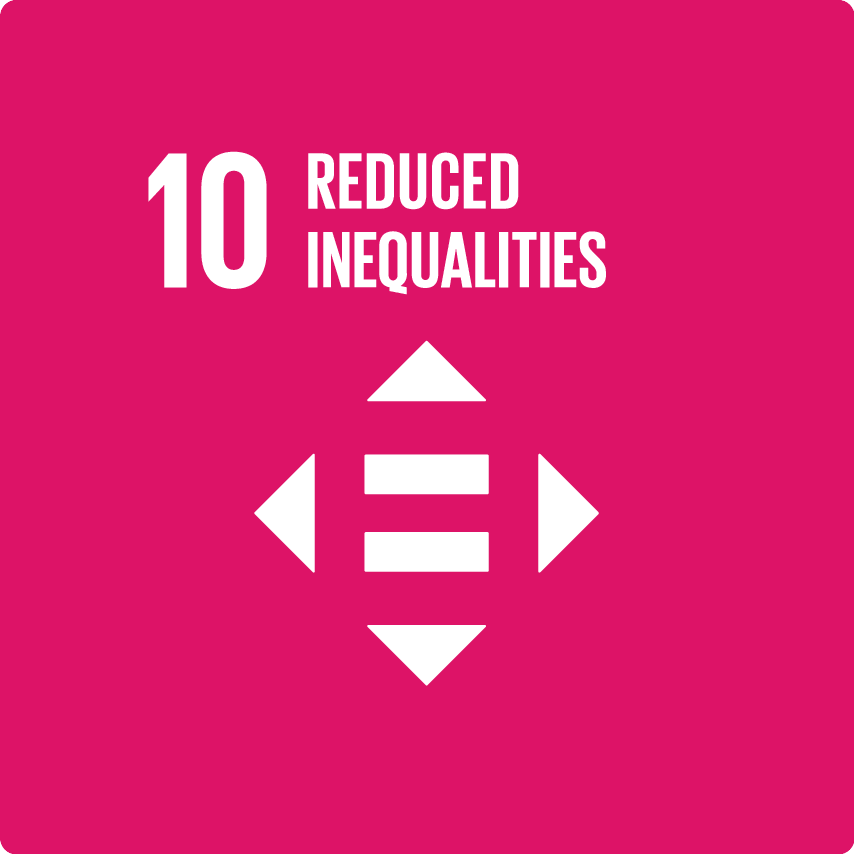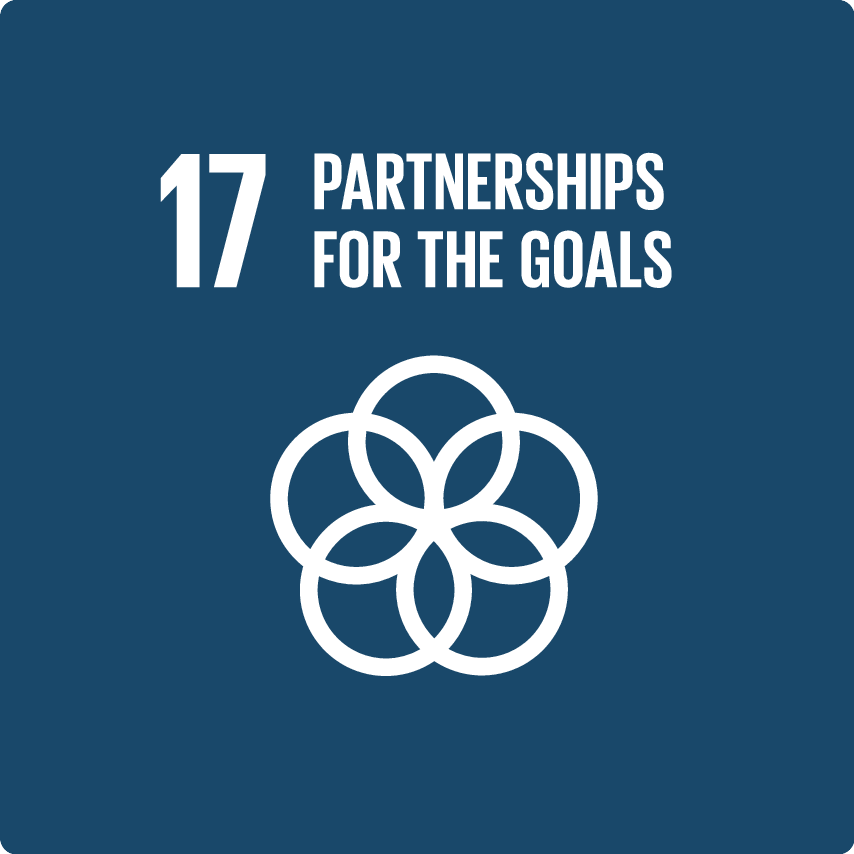The Defeat-NCD Partnership
The Partnership strives to advance UHC in resource-poor countries by tackling NCDs in a systematic and sustained manner through nationally led health policies, and systems, and driven by their own National NCD Action Plans.
SEE ALL PARTNER ORGANIZATIONS
Objectives
The Defeat-NCD Partnership was launched during the 73rd United Nations General Assembly (UNGA) in New York on 24th September 2018 as a “public private people” partnership to enable and assist all low-resource countries to scale-up action on Non-Communicable Diseases (NCDs) through:
- National capacity building;
- Community scale-up of NCD services;
- Affordability and accessibility of essential NCD supplies;
- Financing for country-level NCD programming towards achieving Universal Health Coverage (UHC) for NCDs by 2030.
Partnering across sectors
The Defeat-NCD Partnership’s Secretariat has been hosted by the United Nations (most recently at UNITAR during 2019-2022) since its original set-up as the practical response to the widespread call for action on NCDs. In 2022, the Defeat-NCD Partnership has transitioned, as part of it organisational growth, to an independent organisation with an international mandate, registered in Geneva, Switzerland. The Defeat-NCD Partnership works with governments, multilateral agencies, civil society, academia, philanthropic foundations, and the private sector.
Urgent need for action
NCDs are the leading cause of death and disability globally, accounting for 71% of all deaths in 2016. An increasing number of these deaths occur in low-resource countries, affecting adults at a younger age. Each year, 15 million people between the ages of 30 and 69 die prematurely from an NCD. More than 85% of these premature deaths occur in low- and middle-income countries.[1]
Focus
The Defeat-NCD Partnership’s work is organised around four interconnected pillars that constitute a comprehensive service package to tackle the most common gaps and constraints that challenge low-resource countries. Partnership will initially focus on diabetes and hypertension. Both conditions are closely related and contribute significantly to the burden of premature mortality and disability from NCDs.[2,3] Subsequently, the Partnership will address other NCDs of major prevalence and impact such as certain cancers and lung conditions. The first countries in focus are India, Gambia, Rwanda, and Djibouti.
Pillar 1: National NCD Capacity Building: Help governments to strengthen key institutions and develop plans of action.
Pillar 2: Community Scale-up of NCD Services: Increase the provision of NCD services through community action and health system strengthening.
Pillar 3: Affordability and Accessibility to Essential NCD Supplies and Distribution: Expand the consistent availability of affordable essential medicines, diagnostics, and technologies for NCDs.
Pillar 4: Sustainable NCD Financing: Support low-resource countries in securing financing to achieve universal health coverage for NCDs.
1 World Health Organization. Noncommunicable Diseases. Fact sheet. 2018; www.who.int/mediacentre/factsheets/fs355/en/. Accessed 2 July, 2018.
2 Epstein M, Sowers JR. Diabetes mellitus and hypertension. Hypertension. 1992;19(5):403-418.
3 Parving H-H, Hommel E, Mathiesen E, et al. Prevalence of microalbuminuria, arterial hypertension, retinopathy, and neuropathy in patients with insulin dependent diabetes. British medical journal (Clinical research ed). 1988;296(6616):156.
Results and milestones
- Boehringer Ingelheim is collaborating with the Defeat-NCD Partnership (geographic scope: 90+ low resource countries) regarding access to quality-assured and affordable product procurement.
- Boehringer Ingelheim products are being made available, starting in 2022, through the Partnership’s Essential NCD Supplies Facility, as it starts fulfilling direct procurement orders placed by countries and institutions.
- Boehringer Ingelheim will also collaborate through a public-private partnership with the Partnership and national governments on capacity building to reduce the burden of NCDs, in furtherance of the UN SDGs.
- The Defeat NCD Partnership is currently working with stakeholders to define priority products and countries for procurement, including countries with high unmet need.
Geographic Reach
- Global Commitment
Disease Area
- Non-communicable diseases
Target Population
- People with low incomes
Partner organizations
Additional resources
Geographic Reach
Global Commitment
Disease Area
Non-communicable diseases
- Cardiovascular diseases
- Hypertension
- Diabetes
- Other Diabetes
- General Noncommunicable Disease Care (Health System)


